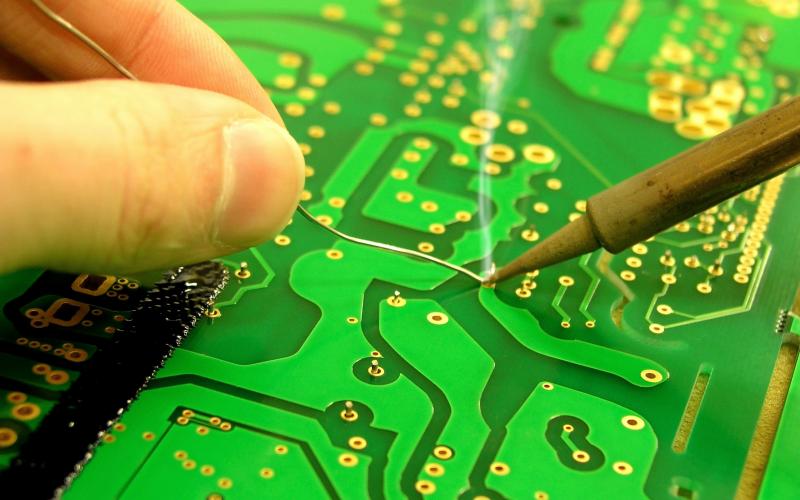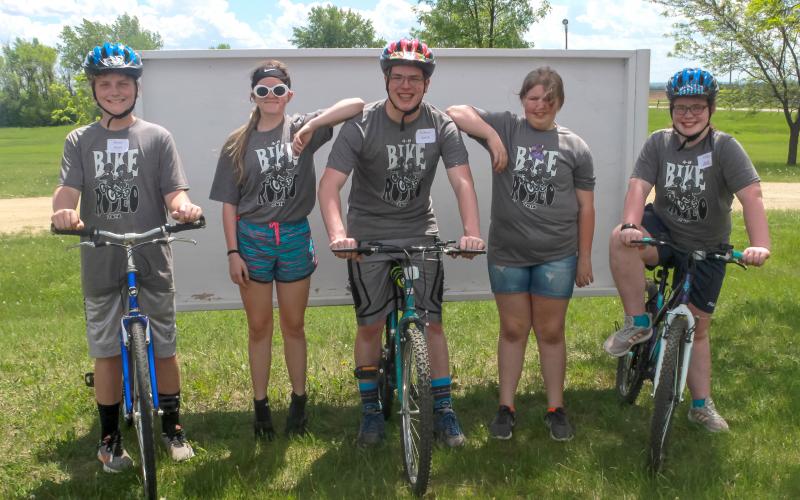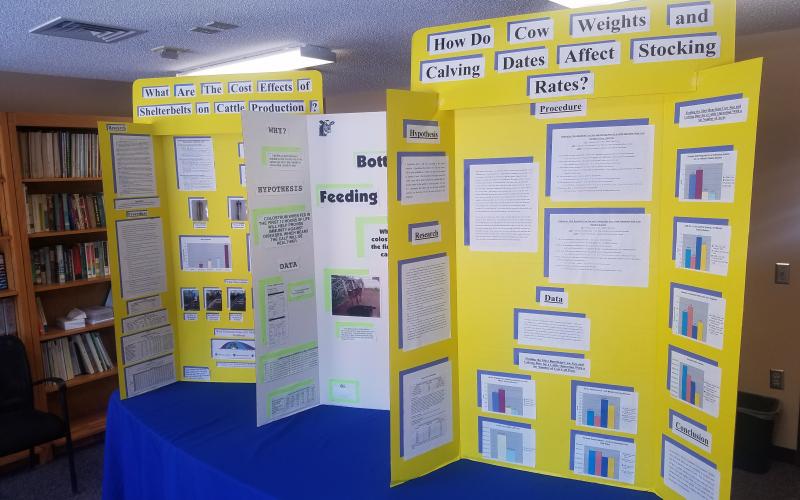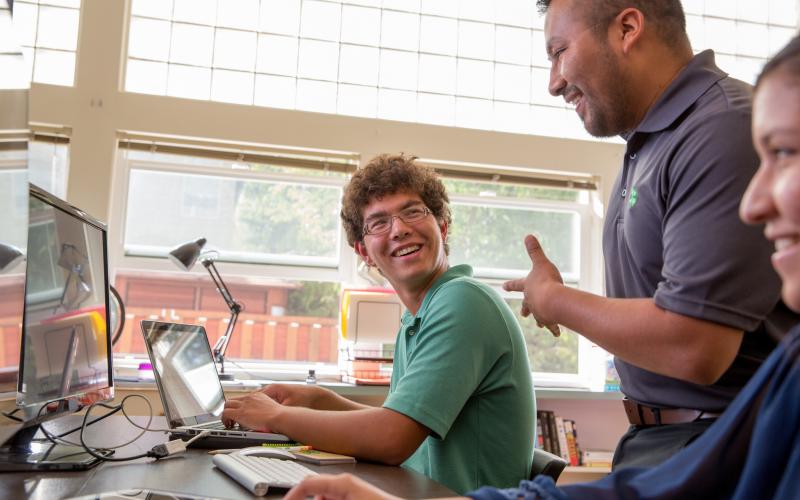4-H Physical Sciences, Technology & Engineering Project
All 4-H Physical Sciences, Technology & Engineering Project Content

4-H Electricity Project
The 4-H electricity program allows youth explore the science behind electricity and develop various skills including: safe electrical practices, proper usage of fuses and circuit breakers, proper wiring techniques, and so much more.

4-H Bicycle Project
Riding a bicycle is great for transportation and a fun way to exercise! Whether you like biking with friends, riding for transportation, or fixing bicycles, the 4-H Bicycle Project could be the perfect match for you!

Importance of Good Record Keeping: The Science & Engineering Notebook
Scientists and engineers use special notebooks or journals to make daily logs of what they are doing and what they have learned.

Presenting Scientific Information: Display Boards
For youth participating in scientific discovery, posters and display boards are a very common form of communicating scientific information.

Youth Research: Where to Begin
Whether working on a science fair project, writing a class report, or just looking for general information on a topic it is a good idea to become familiar with the basic practices of conducting research.

South Dakota 4-H Robotics - Getting Started
In South Dakota 4-H Robotics is about much more than the competition. It is about the development of youth through experiential learning. During the program youth are introduced to a variety of science, technology, engineering, and math (STEM) concepts, but also develop a variety of life skills including, but not limited to: problem solving, communication, and teamwork.